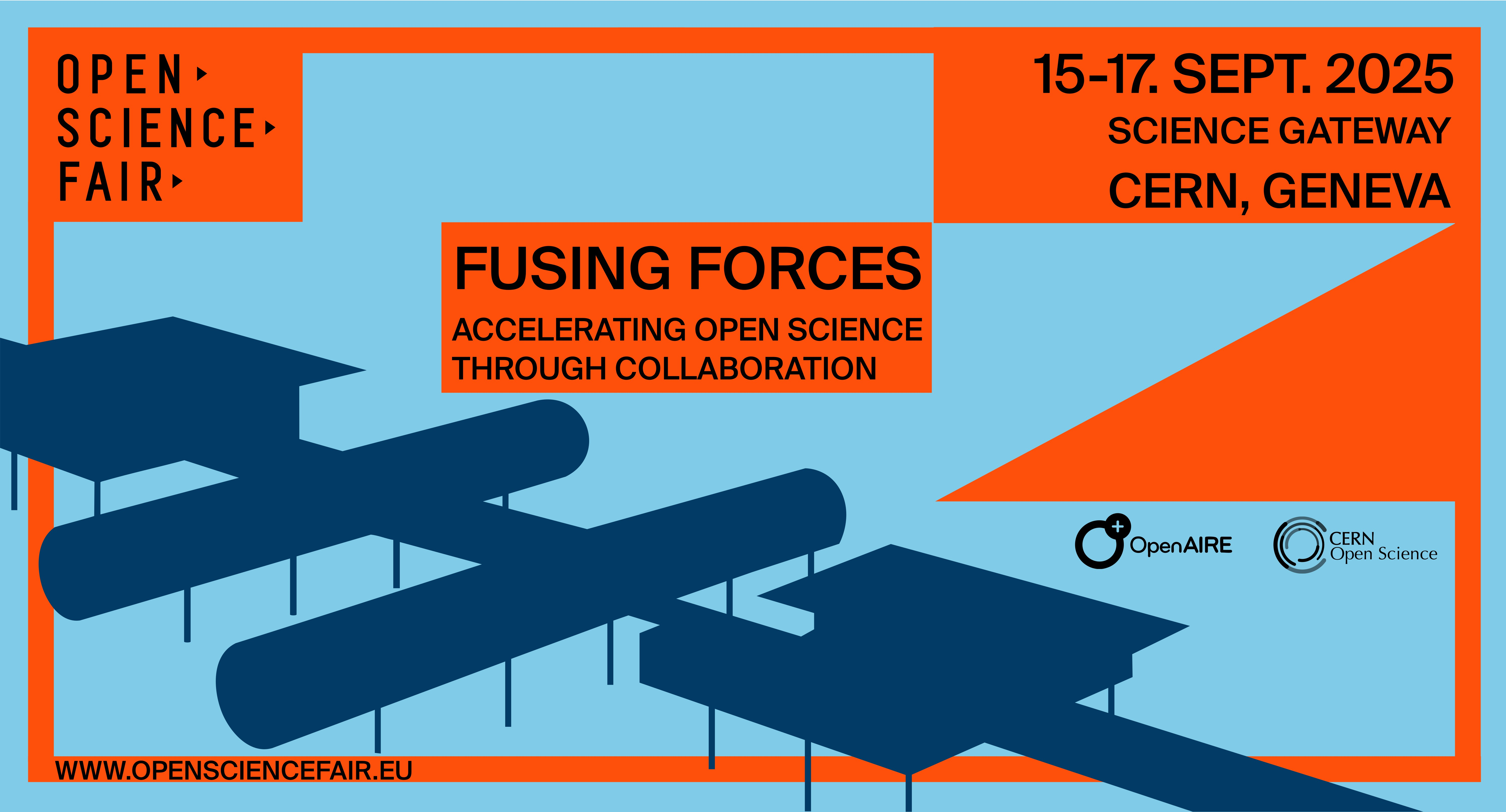The objective of Open Data is on one hand to produce trust in science and scientists among the general public. On the other hand to enable the reuse of data for further analyses and better exploitation. Open Data itself does not necessarily allow the reuse of data – to this end, resources (like e.g. storage and compute) as well as appropriate software and metadata are...
Transparency and reproducibility requirements in computationally intensive scientific research demand novel solutions that integrate rigorous research practices with open science dissemination. This showcase will highlight a scientific computing platform designed for big data life science research that treats the open sharing of reproducible findings as a natural and efficient extension of the...
EPFL has been an actor of open research for over two decades, as demonstrated by the Infoscience publication repository, launched in 2004. This collaboration between libraries and IT services has produced a feature-rich platform to support EPFL researchers in their Open Access endeavours, as well as a monitoring tool for EPFL's scholarly publications. However, no consensus was found among the...
This demo showcases the EOSC EU Node, the inaugural European-level operational node of the European Open Science Cloud Federation. It highlights its capabilities to facilitate cross-border, interdisciplinary, and FAIR-compliant research through a secure, federated digital infrastructure. Conceived to address fragmentation within the European research landscape, the EOSC EU Node integrates...
Software is one of the fundamental pillars of research, alongside publications and data. However, despite its essential contribution, research software remains difficult to discover, cite, and properly reference. While open-source practices are widely adopted in academia, they do not inherently ensure that software is easily findable or systematically documented - both of which are crucial for...
This demonstration showcases InvenioRDM's capabilities in enhancing both the FAIRness of research data and the efficiency of curation workflows within Open Science repositories. We will illustrate how InvenioRDM enables the capture of rich, community-specific metadata, leveraging controlled vocabularies and persistent identifiers to maximize data discoverability and reuse. Furthermore, we will...
For over a decade, Research Data Alliance (RDA) groups have produced a wide range of recommendations, supporting outputs and materials (including 72 flagship outputs and 8 ICT Technical Specifications), documentation and collections of web resources, contributing significantly to addressing Open Science and data-sharing challenges globally. To streamline access to these invaluable resources,...
The biomedical research ecosystem is rich in data but poor in discoverability. Researchers often struggle to identify and evaluate datasets across fragmented platforms, inconsistent metadata schemas, and access-restricted environments. Traditional search interfaces fail to accommodate the exploratory and interdisciplinary nature of modern research.
We propose a new paradigm: using...
Fundamental physics research today is constrained by unprecedented complexity and information overload. FirstPrinciples is developing an advanced AI system designed to accelerate discovery and enhance transparency in fundamental physics research. Leveraging large-language models, symbolic reasoning engines, and reinforcement learning, our system will ingest open-access scientific datasets and...
Research today produces an expanding array of data, software, and workflows managed across diverse services and organizational environments. This growing complexity poses challenges for research support teams aiming to implement consistent, policy-aligned practices for Open Science and FAIR data management.
OpenAIRE addresses this need with ARGOS (argos.openaire.eu), a solution designed to...
Collaboration is essential in computational biology, where interdisciplinary approaches drive innovation and address complex challenges. At the European Molecular Biology Laboratory (EMBL), the Data Science Internal Support (DaSIS) strengthens this collaboration through four key pillars: consulting, training, infrastructure, and community building.
Consulting is central to our work,...
While open science has become paramount, bibliographical practices are still dominated by extremely costly discovery commercial platforms (Scopus, WoS) and free ones, but not based on open data (Google Scholar). Academics all around the world, but also media, companies, associations, and public institutions, deserve a free alternative, based on FAIR principles, that does not identify or trace...
